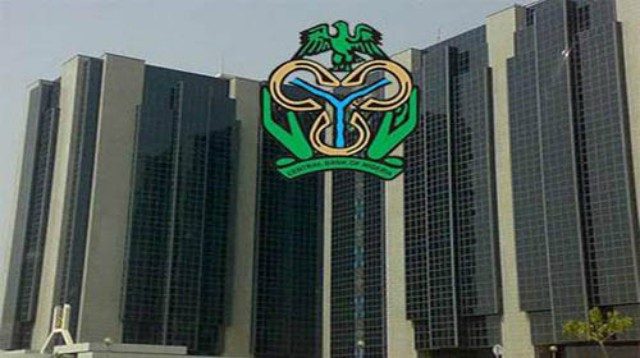The Federal Government’s precarious fiscal position worsened in January 2025 as debt servicing obligations exceeded total retained revenue by a wide margin, data from the Central Bank of Nigeria’s January 2025 Monthly Economic Report has shown.
According to the report, the Federal Government’s debt servicing obligations for the month stood at N696.27bn, while total retained revenue amounted to only N483.47bn, indicating that debt service alone consumed about 144 per cent of all government earnings.
This development highlights the growing debt burden and dwindling fiscal space facing Africa’s largest economy.
Despite slight improvements in some revenue categories, the retained earnings were grossly inadequate to cover obligatory debt repayments, exposing the government’s continued reliance on borrowing to meet basic obligations.
A further analysis of the report revealed that retained revenue in January 2025 only recorded a marginal 0.89 per cent increase when compared with the N479.21bn generated in the corresponding month of 2024.
The report read, “FGN retained revenue declined in the review period, owing largely to lower receipts from Federal Government Independent Revenue and FGN’s share of exchange gain.
“At N0.48tn, provisional FGN retained revenue was 69.19 and 70.40 per cent below the levels recorded in the preceding period and monthly target, respectively.”
While this points to stagnation rather than growth, the marginal rise was wiped out by the overwhelming debt service obligations.
The retained revenue components showed that the Federation Account contributed N167.69bn, while the VAT Pool Account delivered N90.73bn.
Independent Revenue, a key component expected to reflect the efficiency of Ministries, Departments, and Agencies, plummeted to N32.28bn, representing a staggering 66.14 per cent year-on-year decline from N95.34bn recorded in January 2024.
Exchange gains, however, provided a lifeline as revenues from this segment grew by 35.6 per cent, rising from N138.67bn in January 2024 to N188.09bn in January 2025.
Revenues from Excess Crude oil sales and the ‘Others’ category contributed nothing to January’s retained revenue despite budgetary projections, further deepening concerns over the robustness of Nigeria’s revenue generation framework.
Month-on-month comparisons showed an even bleaker picture. In December 2024, retained revenue stood at N1.57tn, suggesting that January’s N483.47bn marked a massive 69.19 per cent decline in government earnings within a single month.
During December 2024, debt servicing accounted for only 44.37 per cent of total revenue.
By January 2025, this figure had ballooned to 144 per cent, highlighting the government’s worsening vulnerability to revenue shortfalls and signalling a dangerous path toward a debt trap.
In contrast, debt servicing obligations remained relatively stable between the months. Debt service expenditure of N696.27bn in January 2025 was only 7.88 per cent lower than N755.86bn recorded in January 2024.
However, the absence of substantial revenue growth meant that the debt-to-revenue ratio worsened sharply, underlining the government’s increasing inability to meet obligations without resorting to fresh borrowing.
The International Monetary Fund earlier warned that Nigeria is facing increased budgetary pressure as a result of falling global oil prices, adding to the country’s growing fiscal challenges.
The IMF’s Managing Director, Kristalina Georgieva, who made this known during a press briefing on the Fund’s 2025 Global Policy Agenda in Washington, D.C., last week, said the drop in oil prices has placed oil-producing countries like Nigeria in a difficult position.
“Oil producers like Nigeria are under budget pressure due to lower oil prices,” Georgieva said. “On the other hand, oil importers may benefit. But broadly, slowing global growth will affect everyone, and we have already downgraded the continent’s growth prospects.”
Georgieva called on Nigeria and other African countries to urgently scale up domestic revenue mobilisation.
She urged governments to stop making excuses and instead leverage technology to expand their tax base, reduce evasion, and strengthen fiscal buffers.
Credit: punchng.com










































































